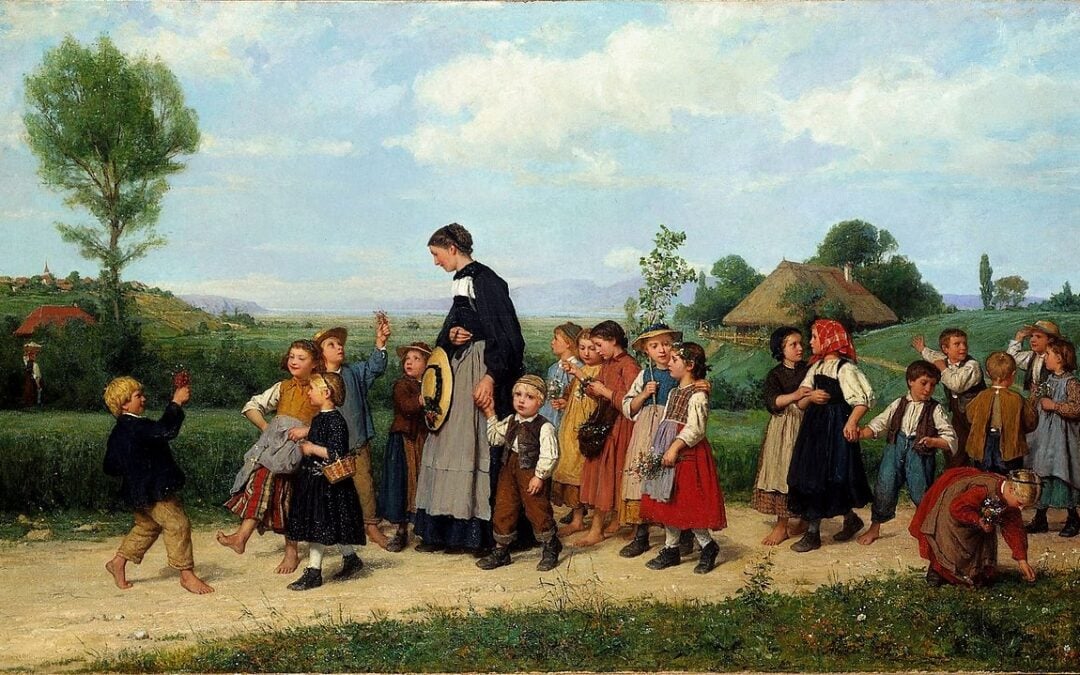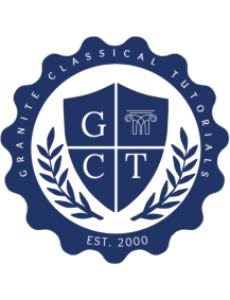The fear of the LORD is the beginning of wisdom, and the knowledge of the Holy One is insight.
Proverbs 9:10
The path to wisdom is one that we are very much concerned with in classical Christian education. Because our model is founded in the Christian worldview, we look to scripture, such as the oft-cited verse above, for direction.
St. Augustine, in On Christian Doctrine, writes about the pathway to godly wisdom, and, given that Augustine is one of the founders of classical Christian thought, his thoughts are unsurprisingly very valuable to classical educators. Over the next few weeks, I’m going to be posting about each one of these seven steps Augustine forwards as markers on the path to wisdom.
Rightly taking his cue from scripture, Augustine asserts that a person who would have wisdom must first fear God. We must “seek the knowledge of His will, what He commands us to desire and what to avoid.” When we’re pursuing spiritual wisdom, we have to start with the recognition that God is in authority over us, and we are to obey Him.
In the classical classroom and homeschool, we must start with that recognition: God has created the universe, and there are certain truths that he wants us to learn; as God’s creatures we are obligated to obediently do our best to learn those truths and live them out. Of course, a child at the very beginning of the pathway to wisdom, say a first grader, isn’t going to have a real, true understanding of what it means to “fear God.” But a young child can certainly understand that God is in charge and has put certain adults in authority over him. He can understand that obeying parents and tutors is obeying God. We set our students on the pathway to wisdom when we teach them to live out this first step by obeying the teaching authorities that God has placed over them.
As a tutor, I find this very humbling; it’s a solemn reminder that I have an obligation to be very careful about how I exercise authority in my classroom and to make sure that everything I do is intentional and ultimately points my students to God, the source of the truths I’m asking them to learn.
The hope of this foundational principle, of course, is that over the course of an education, the student will come into his own knowledge of God and will start to recognize that teaching authorities are merely dim reflections of the ultimate, awesome authority of God.



Trackbacks/Pingbacks